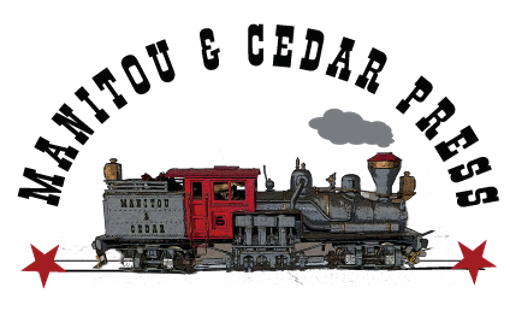Last weekend at the University of Wisconsin Writer’s Institute – an excellent conference I regularly attend – one of the presenters stood before hundreds of both published and aspiring authors and proclaimed “The E-book is dying.”
The audience burst into applause, drowning out a loud “AS IF!” from this reporter – someone who devoted most of her adult life to the transmission of news content upon murdered trees.
His source was, I gather, a September 2015 report from the Association of American Publishers. This organization of 1200 “traditional” publishers – 80% of whose revenues are dominated by the Big 5 – reported steep year-over-year declines in e-book share of market.
We define traditional publishers as those who won’t read anything from the slush pile, let all calls go into voice mail and require the authors they deign to publish market themselves out-of-pocket.
Is the e-book dying?
Not according to my fact-checking. What our speaker neglected to mention – or perhaps even find out for himself – was that overall e-book sales continue to grow, as non-traditional publishing channels expand and soar, giving a voice and a platform to authors who might otherwise have spent their entire lives writing query letters to agents instead of books.
E-books rule.
They have raised the quantity and quality of my reading experience to a new high. When I find an unfamiliar word or reference, I hover on it and up pops the definition. When my attention veers from the book of the moment, newspapers and magazines are at my fingertips. Literally. When a book review in said periodical attracts my interest, I go to my preferred online bookstore and press the”Buy” button, and as I open and close various files at whim, in much the same manner televiewers will idly channel-surf, my trusty Nook remembers which page I was on and which article I was in the middle of, so I don’t have to.
“But I like to highlight things and write notes in the margins,” say the naysayers. Well so do I, and guess what? You can in an e-book. In yellow, even. And these notes are searchable afterward. How will you find and refer to all those brilliant observations you made in a print copy after finishing your read? You won’t, because you never have.
The backlit screen and adjustable font size are a boon to those of a certain age. When in a dark bar, or seized with an urge to read in the middle of the night without disturbing someone asleep beside us, we can reach for our e-reader and have right at it.
A good book is about good writing: sentences that sing, ideas that resonate, characters that come to life. Isn’t the medium through which those sentences were delivered beside the point? Think about a book you recently read. What comes to mind? I’m guessing you remember how it made you feel. That it made you laugh, it made you cry; that it scared you, or pissed you off; that you couldn’t finish it, or you couldn’t put it down.
I highly doubt the first thought that came to mind was ‘oh yeah, that I read in trade paperback.’ Or, ‘I checked it out of the library. There was a waiting list.’
“The horse-breeding industry has nothing to fear from the increase of automobiles,” an interested observer stated in 1910. “Spoken dialogue will ruin the aesthetics of cinema,” film industry followers opined in the 30’s.
And in 2016 a publishing contract lawyer/literary agent who submits manuscripts from would-be traditional authors to traditional publishers stood before a ballroom full of writers and stated, with great conviction and a straight face, that “The E-book is dying.”
And – shame on them – they applauded.
